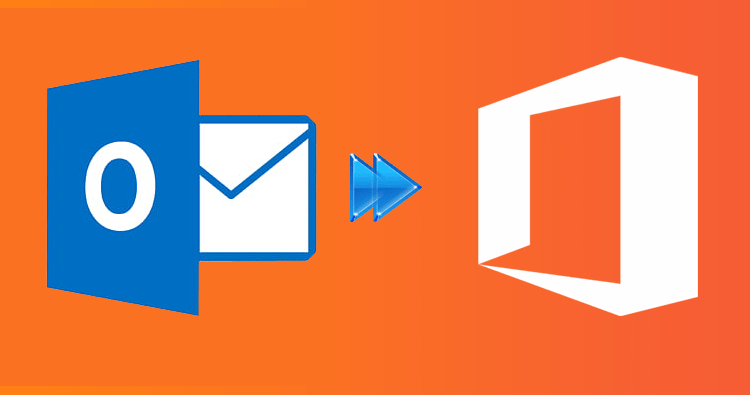Benefits of Using Talent Management Software

Talent management software offers organizations a streamlined way to attract, retain, and develop top talent. By centralizing all HR processes in one platform, companies can efficiently manage employee data, performance assessments, training programs, and career development initiatives. This centralized approach enhances overall workforce planning and enables HR teams to make strategic decisions based on comprehensive data analysis.
Moreover, talent management software facilitates better communication between managers and employees, leading to increased engagement and productivity. With features like performance tracking and goal setting, managers can provide timely feedback and recognize employee accomplishments, boosting morale and motivation. Ultimately, the integration of talent management software can lead to a more engaged and satisfied workforce, driving organizational success.
Key Features to Look for in Talent Management Software
When evaluating top talent management software, it is crucial to consider certain key features that align with your organization’s needs and goals. One essential feature to look for is robust performance management tools that allow for clear goal setting, continuous feedback, and performance evaluation. This feature enables managers and employees to track progress, address performance gaps, and enhance professional development.
Another important aspect to consider is the software’s ability to streamline the recruitment process. Look for features such as applicant tracking systems, automated candidate screening, and integration with job boards to simplify and expedite the hiring process. Such features can help in attracting top talent, improving the candidate experience, and ultimately enhancing the efficiency of your recruitment efforts.
How Talent Management Software Can Improve Employee Engagement
Talent management software plays a crucial role in enhancing employee engagement within organizations. By providing various tools and platforms for communication, feedback, and recognition, this software creates a more inclusive and collaborative working environment. Employees feel valued and appreciated when their efforts are acknowledged, leading to higher levels of motivation and engagement.
Moreover, talent management software allows for personalized development plans based on each employee’s skills, goals, and performance. This individualized approach shows employees that their growth and career progression are prioritized by the organization, which in turn boosts their commitment and loyalty. By facilitating continuous feedback and coaching, talent management software fosters a culture of learning and improvement, ultimately resulting in a more engaged and productive workforce.
The Role of Talent Management Software in Succession Planning
Succession planning is a critical aspect of organizational development, ensuring that companies have a well-prepared pipeline of talent to fill key roles when the need arises. Talent management software plays a vital role in facilitating the succession planning process by providing a centralized platform where organizations can identify high-potential employees, assess their skills and competencies, and create tailored development plans to groom them for future leadership positions. By leveraging talent management software for succession planning, companies can proactively address gaps in their leadership pipeline and minimize the risks associated with unexpected turnover in key roles.
Moreover, talent management software enables organizations to track the progress of identified successors, monitor their performance, and provide timely feedback and coaching to support their development. This data-driven approach to succession planning helps companies identify emerging leaders, nurture their growth, and ensure a smooth transition when a senior position becomes vacant. Additionally, talent management software allows HR professionals and managers to collaborate more effectively in identifying high-potential employees and aligning succession planning efforts with the strategic goals of the organization.
Ways Talent Management Software Can Enhance Recruitment Processes
When it comes to enhancing recruitment processes, talent management software plays a crucial role in streamlining and optimizing the hiring procedures. One key way that talent management software can improve recruitment is by automating the screening and filtering of job applications. With the ability to set specific criteria and keywords, the software can quickly sift through a large volume of resumes, saving time and ensuring that only the most qualified candidates are considered for the position.
Additionally, talent management software offers the capability to create and manage talent pools, allowing recruiters to proactively source and nurture relationships with potential candidates. By building relationships with passive candidates and keeping them engaged through personalized communication and targeted outreach, organizations can establish a pipeline of talent for future hiring needs. This proactive approach not only expedites the recruitment process but also helps in securing top talent before they are actively looking for new opportunities.
The Impact of Talent Management Software on Employee Retention
Talent management software plays a crucial role in improving employee retention rates within organizations. By utilizing this software, companies can better identify high-potential employees, create career development plans, and provide tailored training opportunities. This personalized approach to talent management helps employees feel valued, supported, and invested in by their employers, leading to increased job satisfaction and loyalty.
Furthermore, talent management software enables managers to track performance metrics, provide regular feedback, and recognize employee achievements in real-time. By fostering a culture of continuous development and recognition, organizations can boost employee morale, motivation, and engagement. This not only enhances employee retention but also contributes to a more positive work environment where employees are more likely to stay committed to the company long-term.
How can talent management software help with employee retention?
Talent management software can help with employee retention by enabling organizations to better identify and develop their top talent, provide opportunities for growth and development, track employee performance and engagement, and create a culture of continuous feedback and recognition.
What are some common challenges that talent management software can help address?
Some common challenges that talent management software can help address include talent acquisition, onboarding, performance management, succession planning, training and development, and employee engagement. By streamlining these processes and providing insights into employee performance and potential, talent management software can help organizations better retain their top talent.
Aerticle Source: Articlesspin




